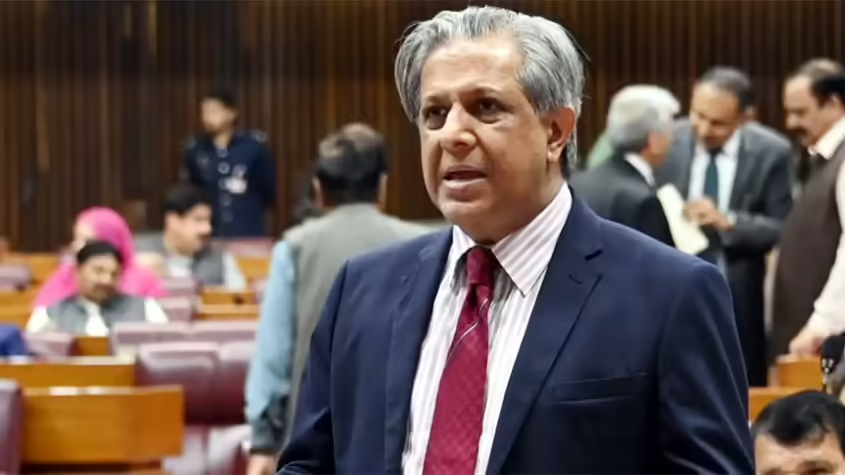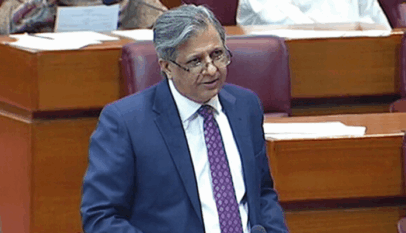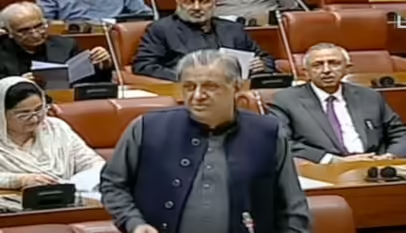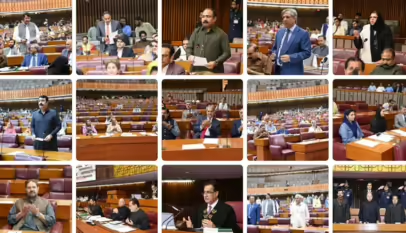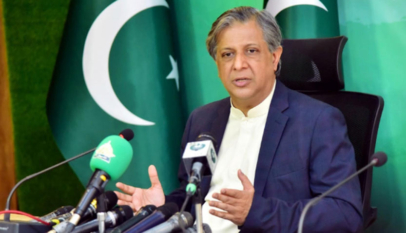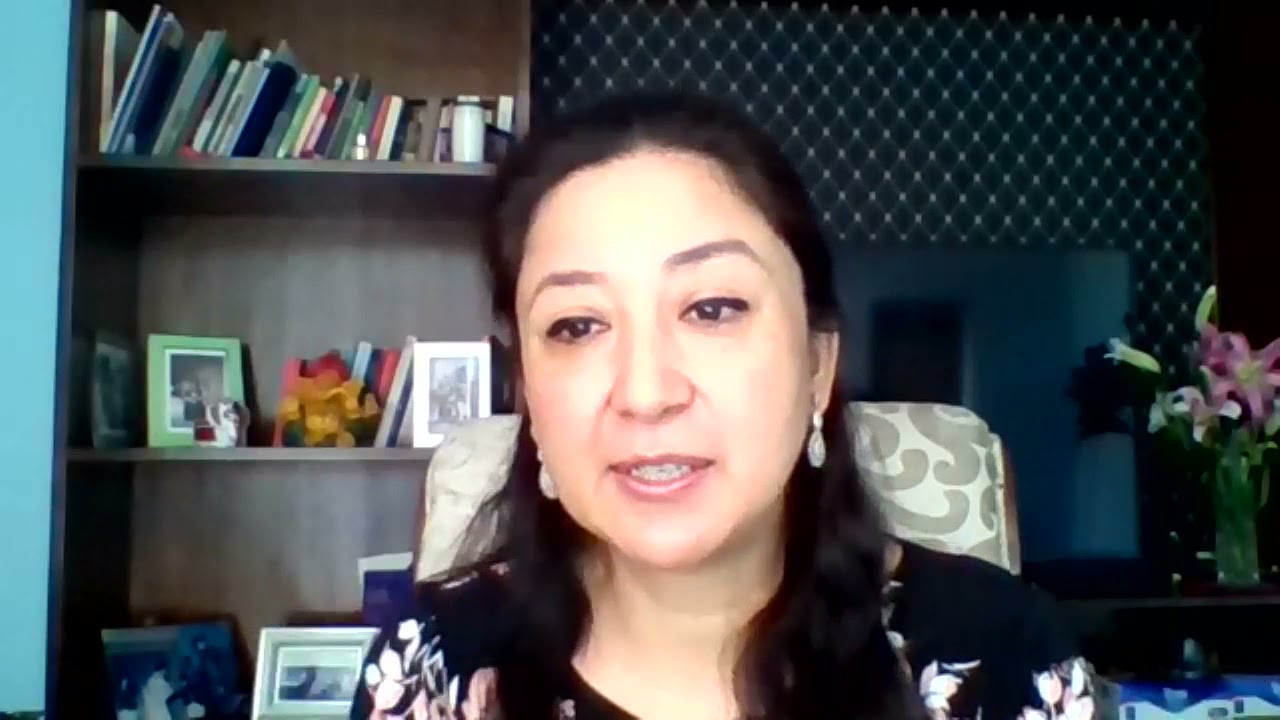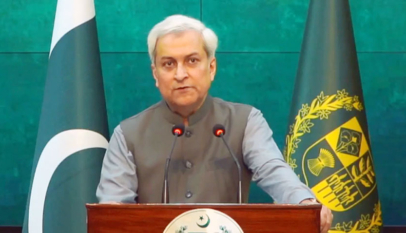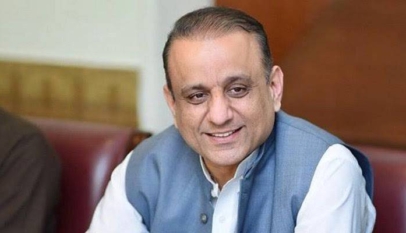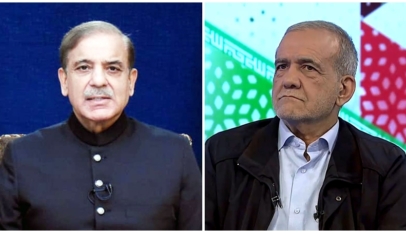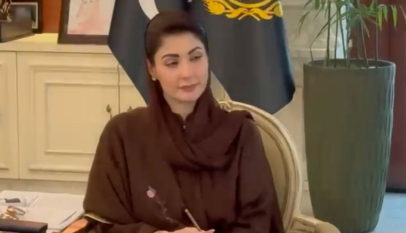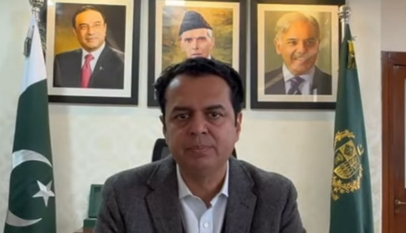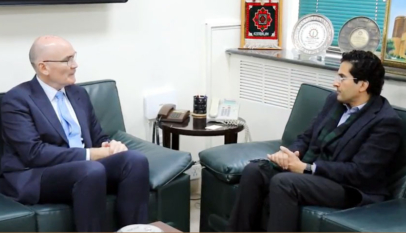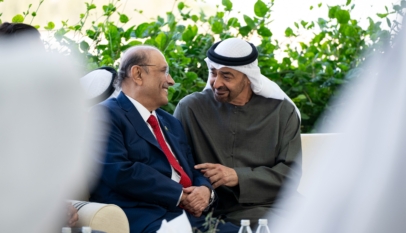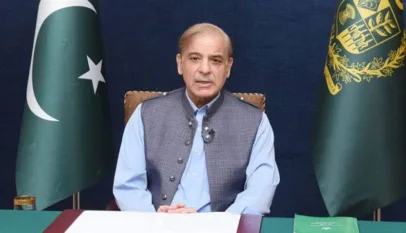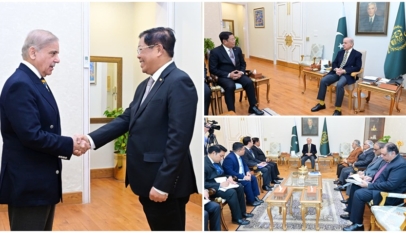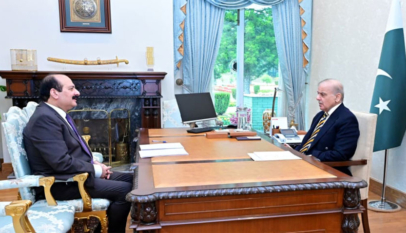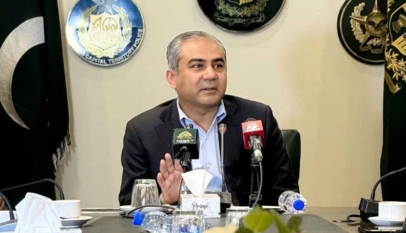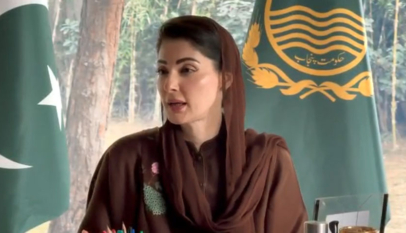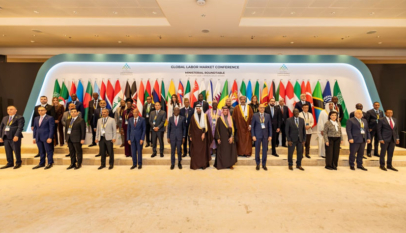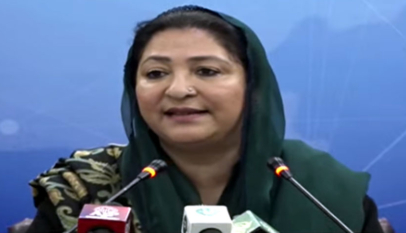Minister for Law and Justice Azam Nazeer Tarar has laid “The Constitution Twenty-Sixth Amendment Bill, 2024.”
Taking the floor, the Law Minister said that the constitutional amendment has been brought to provide speedy and inexpensive justice to the people and ensure transparency.
The constitutional amendment envisages establishment of constitutional benches and procedure for appointment and tenure of the Chief Justice of Pakistan as well as appointment of the judges of the Supreme Court.
Sharing salient features of the constitutional amendment, Azam Nazeer Tarar said the Chief Justice of Pakistan shall be appointed on the recommendation of the Special Parliamentary Committee with a two-third majority from amongst the three most senior judges of the Supreme Court.
The committee shall send the name of the nominee to the Prime Minister, who shall forward the same to the President for appointment. This Special Parliamentary Committee shall consist of twelve members, including eight from the National Assembly and four from the Senate.
When the National Assembly stands dissolved the total membership of the committee shall consist of the members from the Senate. He said the term of the Chief Justice of Pakistan shall be three years.
The Law Minister said the nomination of judges of the constitutional benches will also be made by the Judicial Commission of Pakistan. He said there is also a provision for the establishment of constitutional benches in the high courts.
Azam Nazeer Tarar said that for the appointment of judges of the Supreme Court, the Judicial Commission of Pakistan shall consists of the Chief Justice of Pakistan, three senior most judges of the Supreme Court, Law Minister, Attorney General, a Pakistan Bar Council nominee, two members each from the Senate and the National Assembly.
Two members will be from the treasury benches, while the other two will be from the opposition side. The nomination from the treasury benches will be made by the leader of the House, while the leader of the opposition will nominate the opposition members.
One member, either a woman or non-Muslim, qualified to be a member of the Senate as technocrat will be nominated by the Speaker National Assembly.
The Law Minister said Article 9A has been inserted, acknowledging the environment as a fundamental right under which every person shall be entitled to a clean, healthy and sustainable environment.

